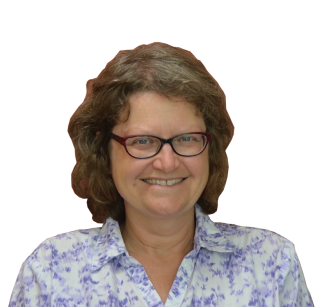
Cathy Majtenyi
Christ will bridge the loneliness gap
It’s a condition that increases the risk of heart disease by 29 per cent, strokes by 32 per cent and premature death by 26 per cent. It has the same effect on the body as smoking 15 cigarettes a day. People with this condition are more likely to catch viruses, contract respiratory illnesses and develop dementia, among many other ills.
When daily bread costs too much
The release of Food Banks Canada’s HungerCount’s 2023 report shows how food banks are the proverbial “canary in the coalmine” reflecting the state of our society’s socio-economic health.
Let’s open our eyes to the reality of AI
“Ban it, or use it?” ponders the headline of an article marking the six-month anniversary of an innovation rocking the education and academic world. Chat Generative Pre-trained Transformer (ChatGPT) has turned the practice of conventional teaching and learning on its head forever.
Summer wildfires lead from fear to eternity
People jumping into a lake to escape being consumed by flames. Roadways jammed with vehicles on the move. Kilometre-long line-ups to airstrips offering evacuation flights.
Our hearts must go on God’s authority
The parallels are eerie, the lessons not learned. The 2023 implosion of the Titan submersible and the 1912 sinking of the Titanic ship have much to teach us about the dangers of arrogant self-assuredness and discriminatory treatment based on class and race.
Focus of addiction should be prevention
British Columbia is several months into the first experiment of its kind in Canada: decriminalizing the personal possession of opioids, cocaine, methamphetamine and ecstasy — 2.5 grams in total — as one way of addressing the province’s worsening drug crisis.
Stabbings, beatings, swearing: this is not the description of a crime series on Netflix but a series of dangers students and teachers are increasingly being subjected to in Ontario’ schools.
Funny? Maybe it is. Concerning? Definitely
Popping up on Twitter just before Easter was a funny photograph of Pope Francis looking super cool in a puffer jacket.
Make the parish a place of support
Niagara Region’s recent state of emergency for homelessness, mental health and opioid addiction is a wake-up call that must not be ignored, in the Southern Ontario area and across Canada.
MAiD organ donations glorify the unthinkable
An increasing number of people undergoing medically assisted suicide are asking to donate their organs after death. And, of four countries that offer so-called medical assistance in dying (MAiD), Canada leads the way in organ donations from people receiving MAiD.

